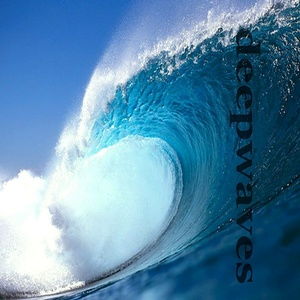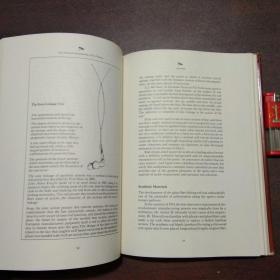Content:

Fishing is an art form that requires patience, skill, and a deep connection with nature. Whether you are a seasoned angler or a beginner looking to improve your technique, there are several methods you can employ to enhance your fishing skills quickly. Here are some of the fastest ways to boost your fishing prowess:
Understand the Basics
- Fishing Equipment: Familiarize yourself with the different types of fishing rods, reels, lines, hooks, and lures. Knowing the right equipment for the fish you are targeting is crucial.
- Fishing Techniques: Learn the basics of casting, retrieving, and setting the hook. Practice these techniques regularly to improve your precision and control.
Study the Fish You're Targeting
- Habitat: Understand the natural habitats of the fish you want to catch. This includes their preferred water temperatures, depths, and types of cover.
- Feeding Patterns: Learn about the feeding patterns of the fish. Knowing when and what they eat can help you choose the right bait or lure.
Practice Casting
- Accuracy: Work on casting with accuracy to place your lure or bait exactly where you want it. This is especially important when fishing in tight spaces or near obstacles.
- Distance: Practice casting to different distances to ensure you can reach your target without spooking the fish.
Master the Art of Patience
- Wait for the Bite: Be patient and wait for the fish to bite. Rushing to set the hook can often result in missing a bite or even startling the fish.
- Read the Water: Spend time observing the water and the behavior of the fish. Often, subtle movements can indicate a fish is nearby.
Use the Right Bait or Lure
- Color and Size: Match the color and size of your bait or lure to the natural prey of the fish you are targeting. This can make a significant difference in attracting strikes.
- Motion: Experiment with different lures that mimic the natural motion of prey. Some fish are more attracted to a slow, steady retrieve, while others may prefer a faster, more erratic movement.
Learn from Others
- Join a Group: Participate in fishing clubs or groups where you can learn from more experienced anglers. These communities often share tips, tricks, and techniques.
- Watch Videos: There are countless instructional videos available online that can provide you with step-by-step guides on various fishing techniques.
Understand the Weather
- Wind: Wind can affect casting and how your lure or bait behaves in the water. Learn to adjust your technique based on wind conditions.
- Weather Patterns: Certain weather patterns can influence fish behavior. For example, overcast days can sometimes be more productive than bright, sunny days.
Keep Your Equipment in Top Condition
- Regular Maintenance: Regularly clean and maintain your fishing equipment. This includes checking the condition of your line, hooks, and lures.
- Replacement: Replace worn-out or damaged equipment before it affects your fishing performance.
Mind Your Surroundings
- Safety: Always prioritize safety, especially when fishing in unfamiliar waters or areas.
- Conservation: Practice catch-and-release fishing when appropriate to help preserve fish populations.
Stay Informed
- Local Knowledge: Ask local anglers for advice on the best spots and techniques for the area you are fishing.
- Seasonal Changes: Be aware of seasonal changes that can affect fish behavior and adjust your strategy accordingly.
By incorporating these methods into your fishing routine, you can quickly enhance your skills and become a more effective angler. Remember, the key to becoming a master fisherman is continuous learning and practice. Happy fishing!












